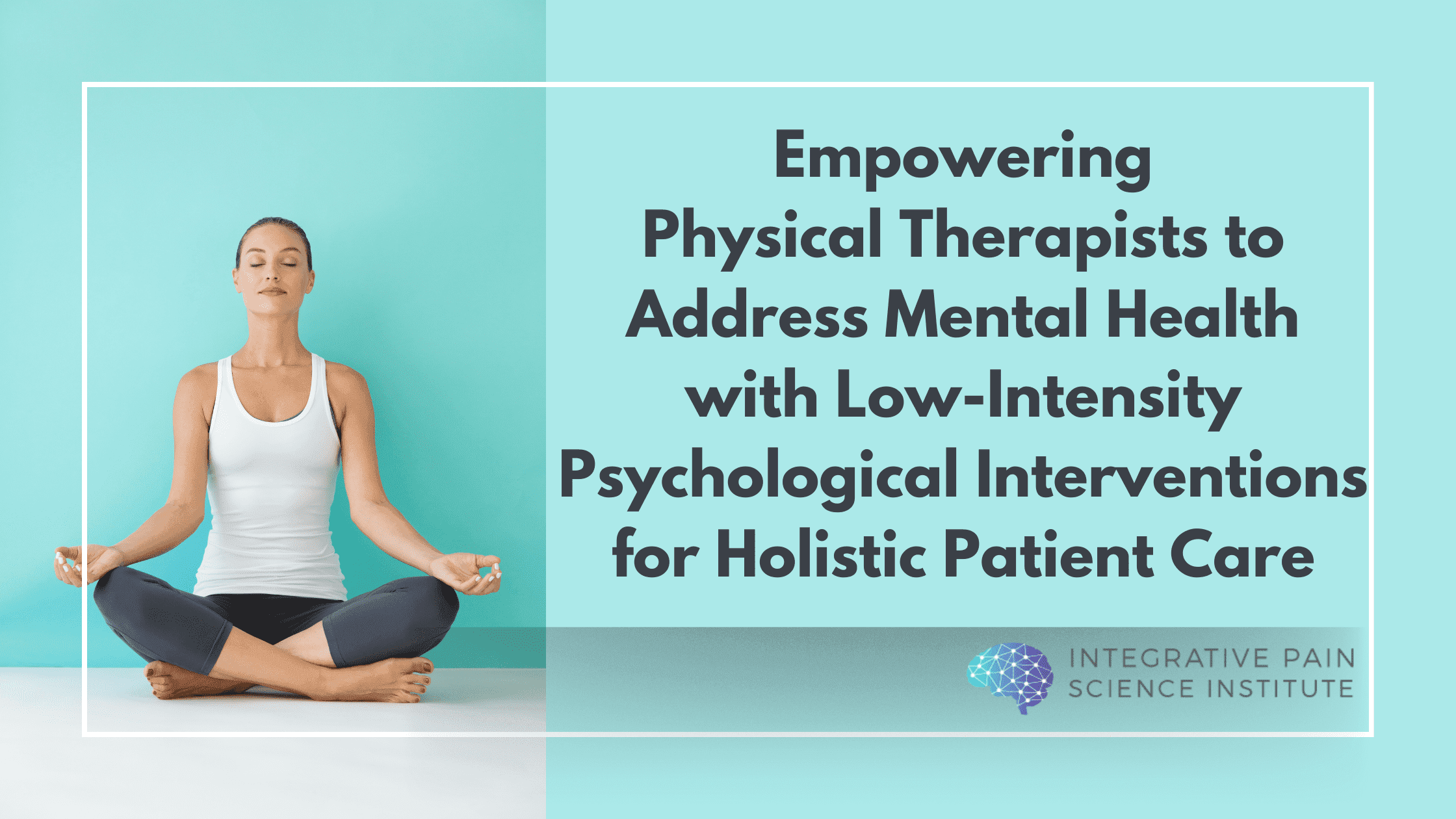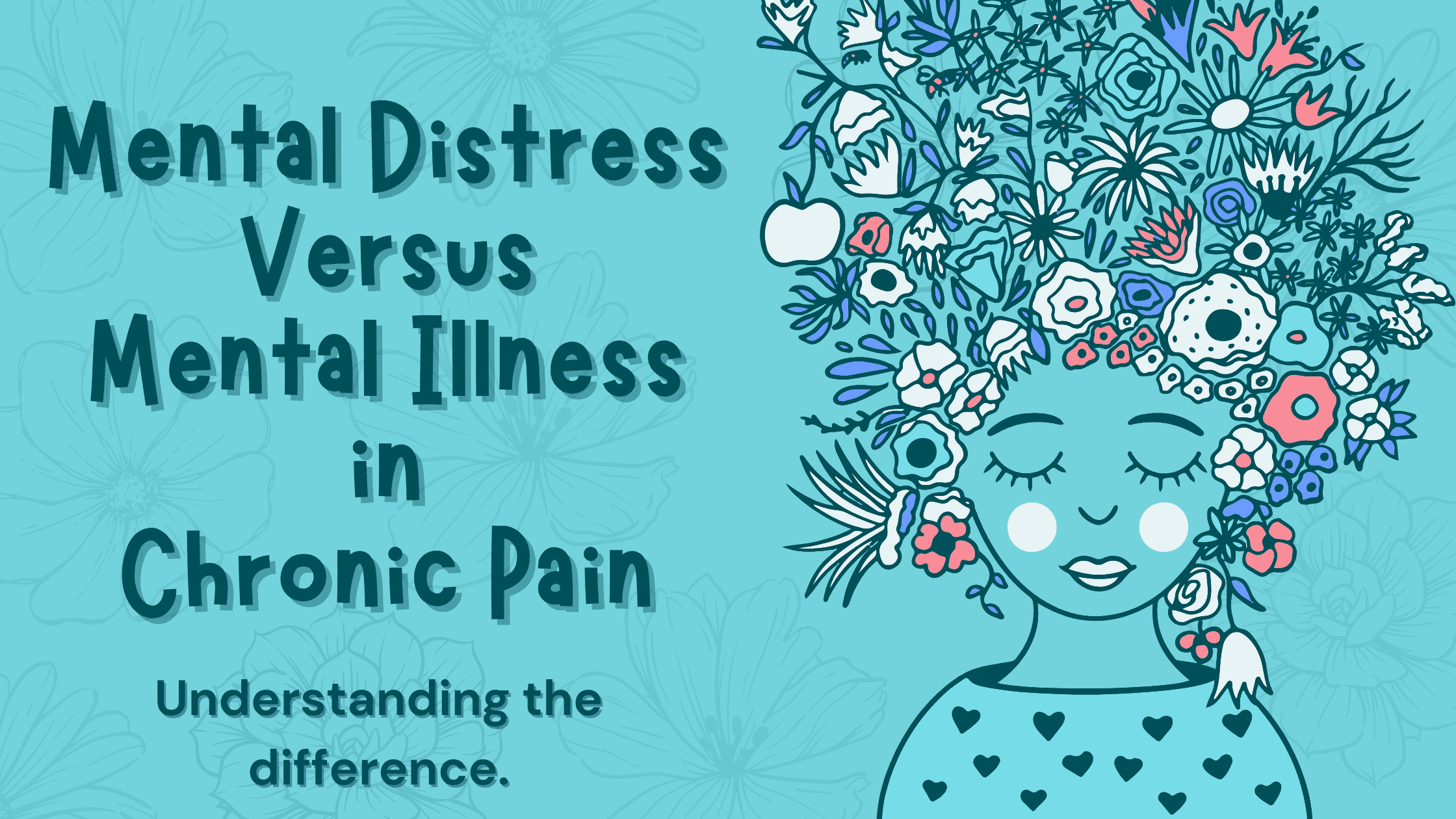Health Coaching: A Novel Approach to Fibromyalgia Treatment
Fibromyalgia is a pervasive medical condition estimated to affect up to 6% of the world’s population. As part of a larger class of disorders known as “central sensitivity syndromes” or “medically unexplained syndromes,” fibromyalgia is difficult to diagnose and treat within a reasonable timeframe. It remains undiagnosed in up to 75% of patients, and the average time from onset of symptoms to diagnosis is five years.1 Fibromyalgia also carries a large economic cost; overall healthcare costs for patients with fibromyalgia are over twice those of people without the disorder, while up to 25% of patients with fibromyalgia collect disability or unemployment compensation.2,3 With so many existing challenges in diagnosing, treating, and managing the economic burden of fibromyalgia, new options for diagnosis and treatment would provide support for patients struggling with the disorder and the world as a whole. This article summarizes the findings of a November 2016 study from the BMC Musculoskeletal Disorders journal that examined health and wellness coaching as a novel treatment option for fibromyalgia.

What is health and wellness coaching, and what separates it from other treatment options?
Health and wellness coaching (HWC) is based upon a patient-centered coaching program with the end goals being lasting positive psychology, behavior change, and self efficacy. In typical HWC programs, patients work with trained coaches to develop and achieve their own personal health and behavior related goals. The patient then receives support throughout this process to continue the cycle of goal formation and completion. Many of these goals may include increasing activity or exercise, eating or drinking responsibly, or including time for meditation or mindfulness practices on a regular basis. Health and wellness coaching programs have proven effective for the treatment of a variety of chronic health and pain conditions.4
Common treatment options for fibromyalgia include both pharmacological and lifestyle-based treatments. Some of the most strongly recommended medications for patients with fibromyalgia are tricyclic antidepressants and serotonin reuptake inhibitors, while non-pharmacological options typically focus on cognitive behavioral therapy or exercise programs. While prescription medications are more strongly recommended for patients as opposed to lifestyle-based treatments, recent research shows that medications are less effective at successfully addressing multiple outcomes related to fibromyalgia as compared to non-pharmacological treatment plans.5 Additionally, medications have demonstrated poor performance in trials investigating their impact on reduction of sick days, disability compensation, and work absences.6 Health and wellness coaching is a promising alternative to unsatisfactory pharmacological solutions that expands upon the benefits of existing lifestyle-based alternatives.

How can health coaching be used for patients with fibromyalgia?
In the study, 9 patients with fibromyalgia were assessed using the Revised Fibromyalgia Impact Questionnaire (FIQR) and the Brief Pain Inventory – Short Form (BPI). These two tests measure a range of aspects related to fibromyalgia including pain severity, physical functioning, depression, anxiety, and fatigue. Assessments were conducted at baseline, and after 6 and 12 months of coaching to determine the benefits of the program on these important factors. The coaching program consisted of 12 months of bi-weekly private coaching sessions in combination with monthly group meetings. All coaching was delivered over the telephone in order to increase the convenience of treatment without compromising its efficacy.7 Over the course of the program, participants were also given supplemental material to learn about the theory of health coaching and behavioral change. In the second half of the 12-month period, the group sessions focused on applying those supplemental concepts in real life to build on the foundation set by private coaching in the first six months. Throughout the process, patient healthcare utilization was also recorded with the expectation that participants’ use of healthcare services would decline as the coaching program continued.

Is health and wellness coaching effective for treating fibromyalgia?
The study produced three major findings on the effectiveness of treating fibromyalgia with a health coaching program:
- Improvements to the Revised Fibromyalgia Impact Questionnaire.
Whereas previous studies have suggested that new treatment options should cause at least a 14% reduction in FIQR scores to be considered clinically significant, the average reduction in FIQR scores at both 6 and 12 months was over 35%.8 Therefore, it is clear health and wellness coaching has a statistically and clinically significant impact on reduction of FIQR scores, and by extension patient quality of life.
- Improvements to the Brief Pain Inventory.
The coaching program also demonstrated a high degree of effectiveness in reducing BPI scores. Average reduction after six months was 35%, and was sustained at 12 months. These improvements suggest reduced pain severity and lower impairment of functioning due to pain.
- Greatly reduced healthcare utilization.
One of the most lasting impacts of the health coaching program was a reduction in healthcare usage. Immediately following the 12-month program, total healthcare encounters were reduced by 73% on average while rheumatology-specific encounters were reduced by 56%. These statistics only continued to improve following the coaching program: after another 12 months, total encounters were reduced by 86% while rheumatology encounters were reduced by 78%. This follow-up suggests that health and wellness coaching continues to benefit patients in the long-term, and has the potential to significantly reduce the costs of conditions like fibromyalgia for both the patient and society as a whole.
Dr. Tatta’s simple and effective pain assessment tools. Quickly and easily assess pain so you can develop actionable solutions in less time.
The researchers concluded that health and wellness coaching presents a promising alternative or addition to typical pharmacological and non-pharmacological treatment options for fibromyalgia. With further research, the most effective implementations of coaching programs can be identified to continue improving the quality of life of patients at a lower cost than current treatments. In time, health coaching may become an important part of creating lasting benefits for patients that extend far beyond a single prescription.
REFERENCES:
- Improving the recognition and diagnosis of fibromyalgia. Arnold LM, Clauw DJ, McCarberg BH, FibroCollaborative. Mayo Clin Proc. 2011 May; 86(5):457-64.
- Employees with fibromyalgia: medical comorbidity, healthcare costs, and work loss. White LA, Birnbaum HG, Kaltenboeck A, Tang J, Mallett D, Robinson RL J Occup Environ Med. 2008 Jan; 50(1):13-24.
- The fibromyalgia syndrome: a consensus report on fibromyalgia and disability. Wolfe F J Rheumatol. 1996 Mar; 23(3):534-9.
- The effects of health coaching on adult patients with chronic diseases: a systematic review. Kivelä K, Elo S, Kyngäs H, Kääriäinen M Patient Educ Couns. 2014 Nov; 97(2):147-57.
- More ubiquitous effects from non-pharmacologic than from pharmacologic treatments for fibromyalgia syndrome: a meta-analysis examining six core symptoms. Perrot S, Russell IJ Eur J Pain. 2014 Sep; 18(8):1067-80.
- Longitudinal observation of treatment patterns and outcomes for patients with fibromyalgia: 12-month findings from the reflections study. Robinson RL, Kroenke K, Williams DA, Mease P, Chen Y, Faries D, Peng X, Hann D, Wohlreich M, McCarberg B Pain Med. 2013 Sep; 14(9):1400-15.
- Comparative effectiveness of weight-loss interventions in clinical practice. Appel LJ, Clark JM, Yeh HC, Wang NY, Coughlin JW, Daumit G, Miller ER 3rd, Dalcin A, Jerome GJ, Geller S, Noronha G, Pozefsky T, Charleston J, Reynolds JB, Durkin N, Rubin RR, Louis TA, Brancati FL N Engl J Med. 2011 Nov 24; 365(21):1959-68.
- Minimal clinically important difference in the fibromyalgia impact questionnaire. Bennett RM, Bushmakin AG, Cappelleri JC, Zlateva G, Sadosky AB J Rheumatol. 2009 Jun; 36(6):1304-11.



